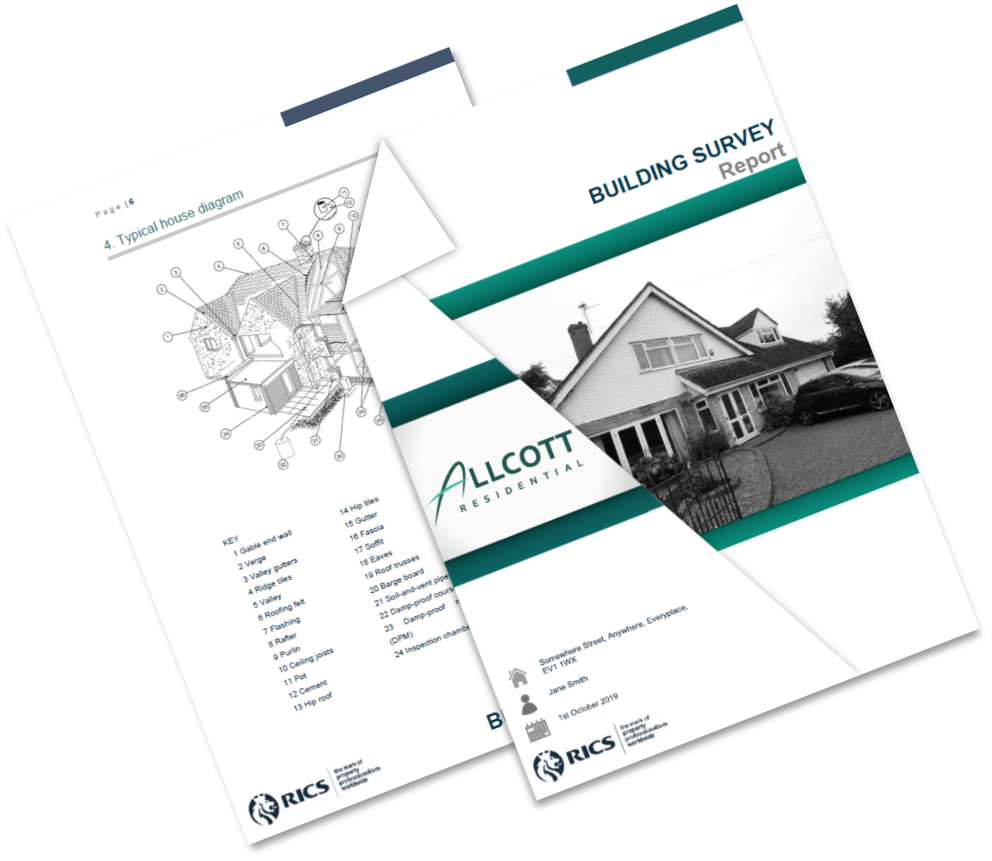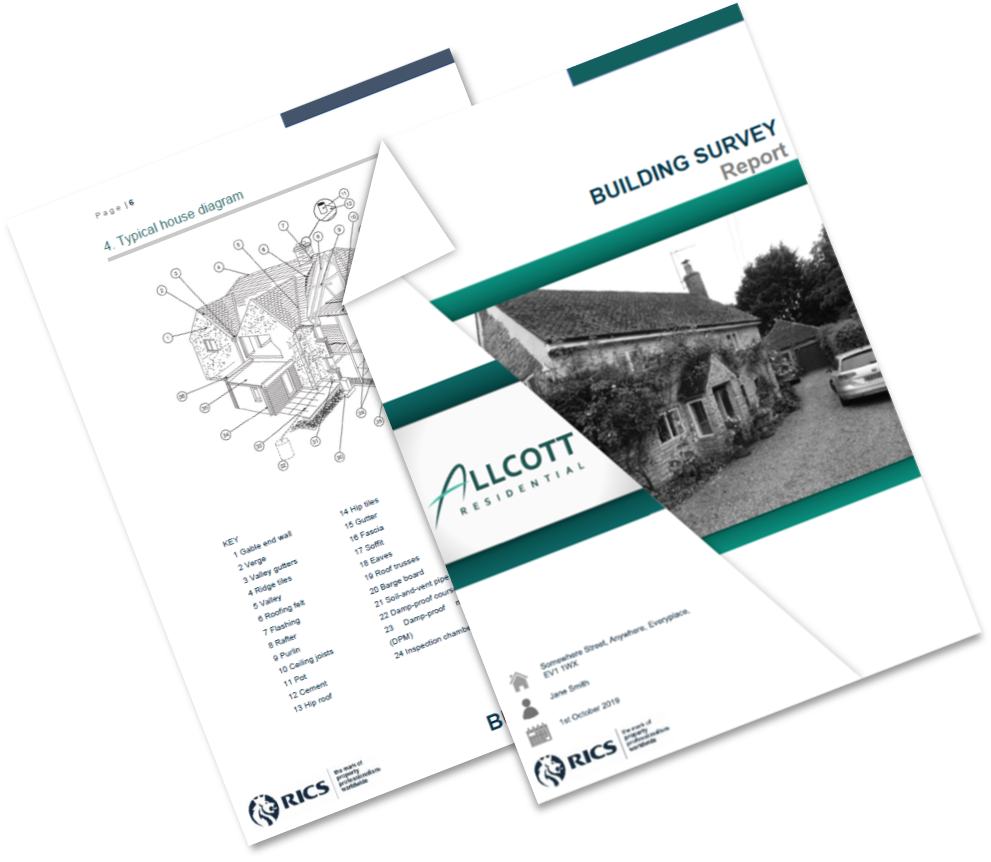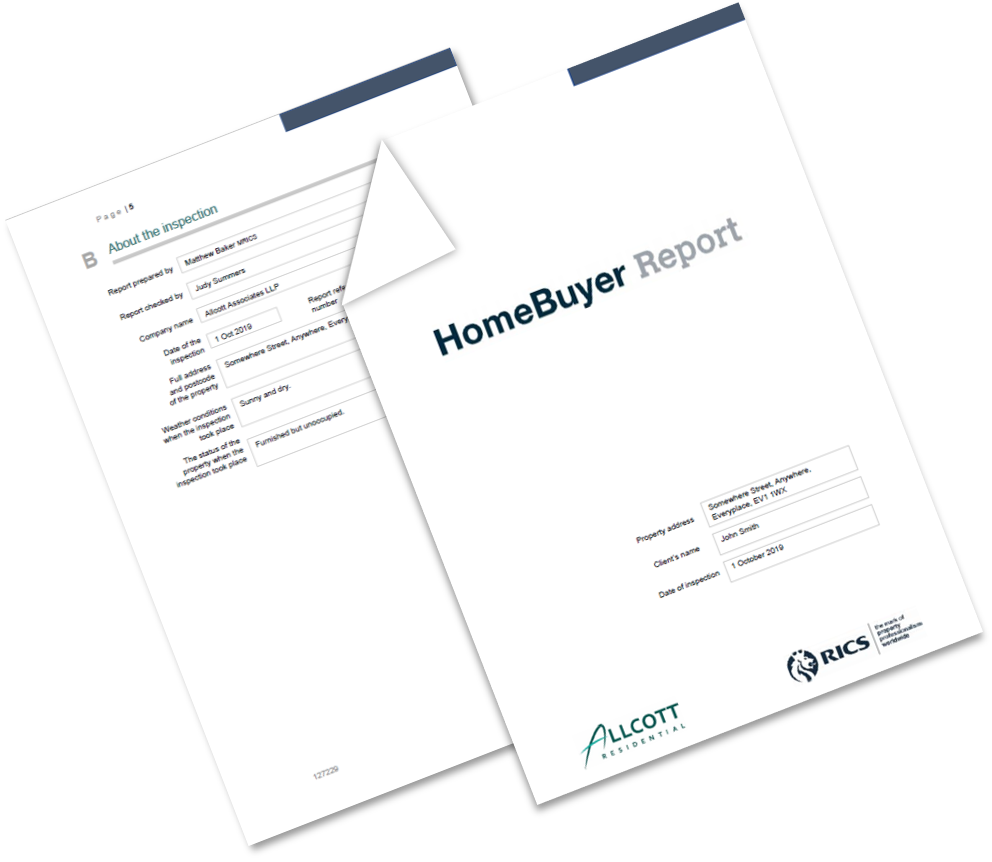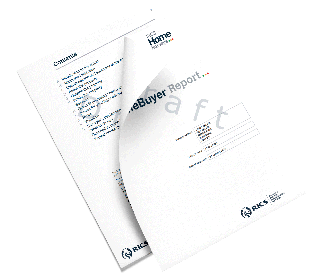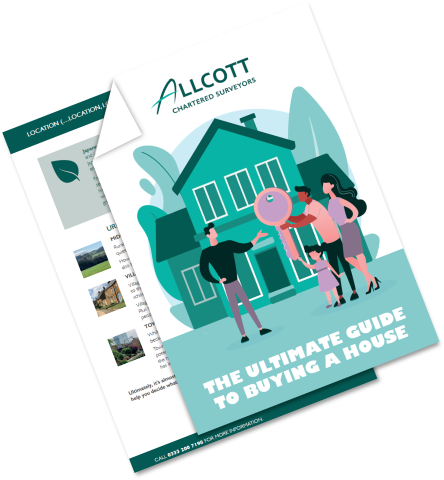Guide to Getting a House Survey
Regulated by RICS
Instant Quote | NO OBLIGATION
Or Call 0333 200 7198
A house survey will give you a thorough insight into the home you are buying, helping you avoid expensive surprises and allowing you to move with confidence.
What is a House Survey?
A house survey is a thorough check of the condition and structure of a property.
Your surveyor will visit the house or flat and carry out a detailed inspection of the outside, each inside space, the grounds and any outbuildings. All accessible areas of the property will be examined, from ceilings and roofs to walls, floors, cellars and woodwork.
Defects will be recorded and the report will explain how serious they are, and how quickly they need to be fixed.
It is a visual inspection, which means that the surveyor will not drill holes or dig down to the foundations; in the rare cases where these types of investigations are required, your surveyor will provide recommendations.
House surveys are often referred to as ‘RICS surveys’. These are carried out by RICS surveyors, which means that the surveyors are members of a regulatory body – the Royal Institution of Chartered Surveyors. This means that the surveyors have undergone rigorous training and examination to gain RICS status and that they complete regular training to maintain up-to-date knowledge and high standards of work.

Why Get a Survey?
Buying a home is one of the biggest financial investments you are ever likely to make. A house survey will give you a thorough understanding of the property you are buying – it will tell you its current condition and whether any expensive or serious issues could affect its value or your ability to sell it in the future.
A house survey allows you to make an informed decision on whether to go ahead and buy the property and can help you decide how much you are willing to pay for it.
Some people use the results of the building survey to negotiate their offer, often saving several thousands on the purchase price of the property – many times the cost of the initial survey fee. In this way, getting a survey can actually save you money!
Others use the information to set aside budgets for repairs over the coming years, and plan a schedule of works for the property.
While rare, in some cases, the survey results mean that buyers decide that it is not the right property for them, either because the works required are too expensive and extensive, or because getting a mortgage on the property might be challenging.
Mortgage Valuations vs House Surveys
It is important to remember that a mortgage valuation is not the same thing as a house survey. A mortgage valuation is carried out on behalf of the lender and is designed to make sure that the house is worth at least the value of the money being lent. They do sometimes highlight very serious defects that affect the value of the property to the extent that the lender may not wish to provide a mortgage; however, they do not consider the overall condition of the property, nor any structural defects that are less severe, however costly they may be for you to rectify.
In fact, the surveyor carrying out the mortgage valuation might not even visit the property – drive-bys and even desktop valuations are becoming more and more common.
Only a house survey will give you a full insight into the condition and structural integrity of the home you are buying.
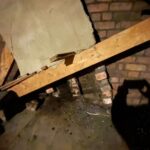
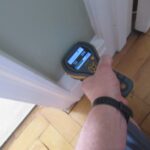
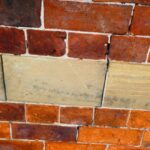
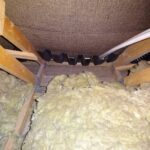
Level 3 vs Level 2 Surveys
Most people choose between an RICS Level 2 (Homebuyer) survey and an RICS Level 3 (Full Building) survey when buying a house.
A Level 3 survey is the most thorough type of inspection you can get. The surveyor will look for visible issues, and will also use their experience and building knowledge to advise on potentially hidden problems. Everything that can be looked at, will be looked at, including cellars, attics, under loose carpets and behind moveable furniture.
A Level 3 survey report will be detailed and tailored to your house. As well as an in-depth description and discussion of the surveyor’s findings, it will also include implications of defects and recommended priorities for repair, along with estimated costs for the works.
A Level 2 survey is slightly less detailed and follows a set format – for this reason, Level 2 surveys are recommended only for newer properties that are conventionally built and in reasonable condition. A Level 2 survey will cover all easily accessible areas and will focus on highlighting any moderate or serious issues, along with anything likely to affect the value or safety of the property.
Our guide to which type of survey to choose can help you determine whether to get a Level 2 or Level 3 survey. Or view our building survey video and download our factsheet for more information.
When to Get a Survey
Most people instruct their survey once their mortgage has been confirmed; however, in busy periods there can be a wait to book a survey appointment, so it is worth getting the survey in the diary as soon as you can.
Some people decide to get a survey on their own home, either to help them plan works and renovations or to get a good idea of the condition and value of their home before putting it on the market.
How to Get a Survey
In most cases, surveys are instructed by you, the buyer of the property.
You will need to find a surveyor – as discussed above, you will probably want to look for an RICS-regulated surveyor or firm at www.ricsfirms.com.
Don’t be afraid to question the surveyor on their experience with properties similar to the one you are buying, particularly if the house is old or non-standard. And ask for example reports so that you can see what level of detail you can expect from them.
Once you have instructed a survey, the surveying admin team will arrange access for the surveyor. This is often done via the estate agent or can be done directly via the vendor. Either way, the team will manage all the contact and communication, and update you as soon as the survey is booked in.
After the survey visit, the surveyor and their team will begin working on the survey report; this should be with you a few days after the survey visit after the surveyor has had time to review their findings and reflect on their assessment. Your surveyor will be available to discuss their findings with you and to clarify anything in the report that you are unsure of.
Organising a survey when buying a house can seem daunting, but the surveying team will take care of each stage of the process for you. And by using an RICS-regulated firm, you have the security of knowing that the work is held to globally recognised ethical and professional standards.

